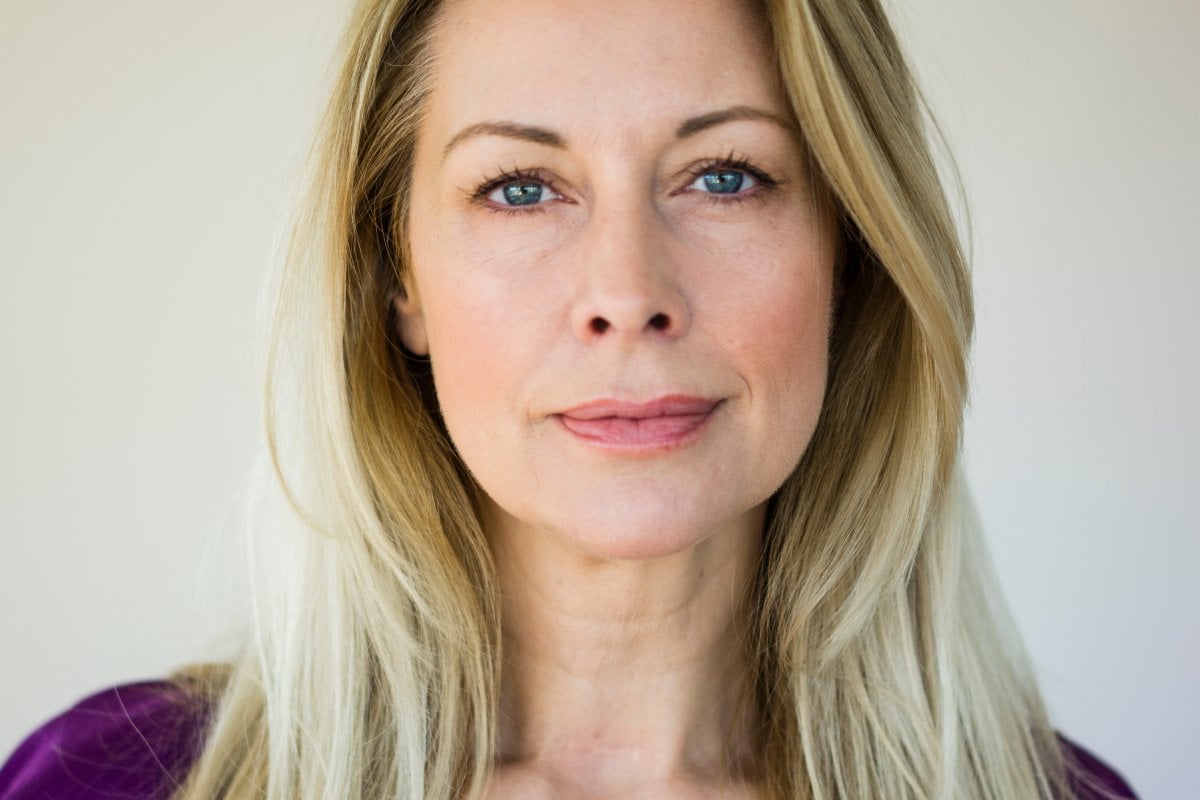
ADHD often goes unrecognised in women and girls, or is misdiagnosed as depression, anxiety, or BPD.
But a correct diagnosis and the right support can make all the difference for women with ADHD.
Mamamia spoke to three women about being diagnosed with ADHD as adults, and what it means for them in their day-to-day lives.
From overwhelmed to accepting.
Sue was 51 when she was diagnosed with ADHD. “I was really struggling to cope with keeping things in order, procrastinating, over committing, losing things, become fuddled over lots of things. In other words, overwhelmed,” she said.
But it was an off-the-cuff comment that got her looking into being assessed. “I made a joking remark to a friend, 'I’ve probably got ADD' and she said, 'Duh, yeah!' To her it was obvious, to me, I’d never seriously considered it as it was a ‘naughty boys’ disorder. I’d always been very quiet and compliant as a child.”
Listen to Mia Freedman speaking about what happened when she was diagnosed with ADHD at 49 on No Filter. Post continues after audio.
There are three different types of ADHD: hyperactive, inattentive, and combined. As more women have the inattentive type, they are less likely to be identified as having ADHD, according to ADHD Australia.
Gail Nott found this out when she was diagnosed with inattentive ADHD this year at age 46. The stress of moving and selling her house led Gail to research ADHD in women.
“I was researching resources for my husband who has ADHD… The stress was negatively affecting him. I came across a video on women and ADHD. I've been wondering if I had it too, but I didn't rate high on the self-assessments I found online. After watching the video, I learned that symptoms for women can be different for men.”

